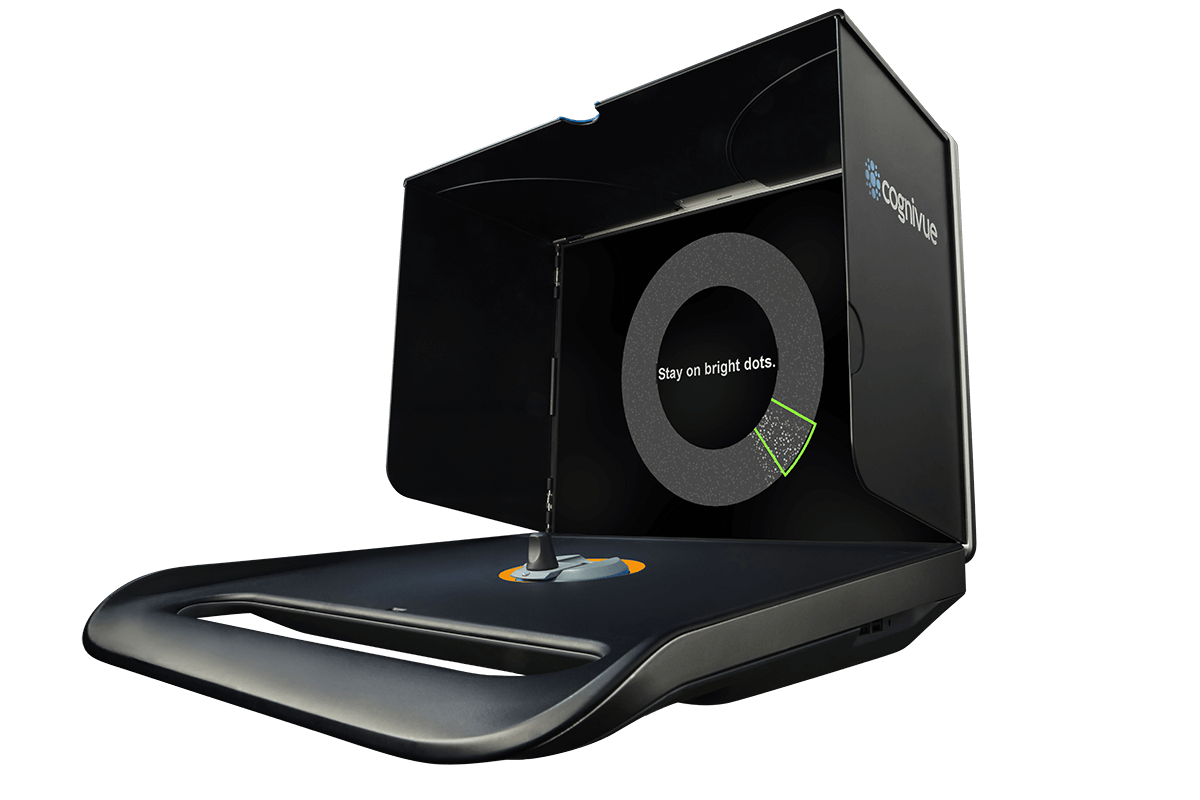Cognitive Health

Do you struggle to hear in noise?
Are you experiencing issues with memory?
Are you unstable on your feet or tend to bump into objects?
Are you concerned about cognitive decline?
The above issues are directly affected by your hearing. If you answered yes to any of the above, please keep reading. It’s time to take action and improve your hearing and brain health.
Hearing loss is the #1 modifiable risk factor for cognitive decline when addressed early
As more patients and families seek help to understand and manage cognitive aging, treatment of hearing loss has been shown to slow or even reverse cognitive decline by preventing auditory deprivation, decreasing social isolation, and increasing quality of life.
Increasing evidence has linked age-related hearing loss with more rapid progression of cognitive decline and incidental dementia. Recent literature indicates that individuals with hearing loss have a 55% greater risk of developing dementia as compared to those with normal hearing, and it increases linearly with the severity of hearing loss. Long-term hearing deprivation can impact cognitive performance by decreasing the quality of communication, leading to social isolation and depression. These limited cognitive skills may reduce the cognitive resources available for auditory perception, increasing the effects of hearing loss.
Cognitive factors such as attention, listening effort, memory, multi-sensory integration and prediction, play a role in helping code sounds more easily. As hearing loss progresses and cognitive abilities decline, a stronger onus is placed on our system to help with language understanding.
How does it work?
The screening is conducted using the Cognivue Thrive, which is the only FDA-cleared computerized cognitive assessment device. The Cognivue Thrive utilizes adaptive psychophysics to eliminate bias and adapt to the patient’s motor and vision acuity abilities.
Cognivue Thrive evaluates three domains: memory, visuospatial abilities and executive function. It measures two speed performance parameters: reaction time and speed processing. These domains and parameters are key to our performance at any age.

Why we incorporate Cognitive Screenings as part of our Communication Needs Assessment
The information we obtain from the screening influences which hearing devices we fit and how we fit them. Processing speed, the amount of compression, and other factors that alter the signal become important considerations, especially for our patients with low working memory capacity. Additionally, when there is a degree of cognitive impairment present, we need to develop aural rehabilitation strategies for the patient and provide support that goes beyond fitting hearing devices. In addition to cognition, our treatment recommendations are based on the type and severity of hearing loss, ear anatomy, lifestyle and family support.
Call our office today to schedule your baseline cognitive screening! Hearing starts with your brain.
